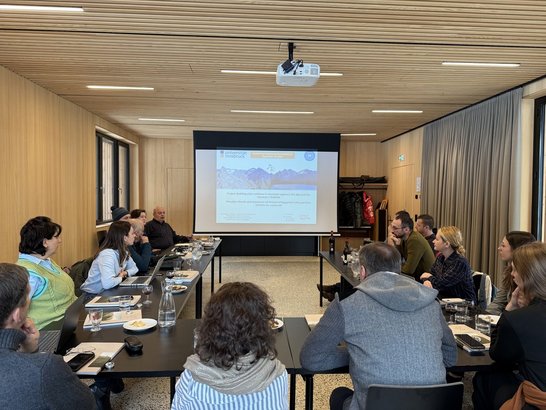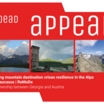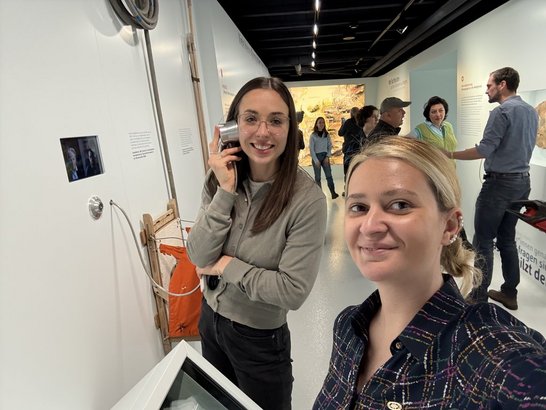Building Mountain Destination Crises Resilience in the Alps and Caucasus | ReMoDe

Project coordinator: Sarah Schönherr
Coordinating institution: University of Innsbruck
Partner institutions: Ivane Javakhishvili Tbilisi State University (Gvantsa Salukvadze)
Partner country: Georgia
Project duration: 1 April 2024 – 31 March 2027
Budget: EUR 269.959,80
Project Overview
ReMoDe focuses on the crisis resilience of mountain destinations, which is required by the numerous challenges tourism is facing. The University of Innsbruck (UIBK) and the Tbilisi State University (TSU) collaborate with two mountain tourism destinations: Mestia DMO (in Georgia) and Kaunertal (DMO Tiroler Oberland in Austria). In particular, this project actively involves mountain destination stakeholders at the very beginning of the research phase by first performing stakeholder and institutional mapping. Building on the research findings of the preparatory funding phase, the project partners draw on existing findings of a literature review before conducting secondary data analysis and focus group workshops with destination stakeholders to explore their needs, opinions, and perceptions in depth.
The project aims to develop a comprehensible resilience index consisting of destination's resilience indicators. This process is based on incorporating feedback from destination stakeholder representatives to develop a data collection tool before collecting and analyzing quantitative data. These results will be discussed with selected destination stakeholder representatives to combine with qualitative data (focus group data) to gather in-depth qualitative feedback and develop a fully comprehensible resilience index. This index will inform the development of a digital monitoring resilience platform (DRP), which destination stakeholders will use to explore their resilience levels (based on developed indicators) and related activities.
The gathered knowledge will be shared via doctoral colleges at TSU and UIBK, ensuring exchange between participating doctoral students and the coordinators. Recruited PhD students will contribute to producing longitudinal data for destination stakeholders.
Reporting

Report on the 1st project year | (April 2024 - March 2025)
Mountain tourism in the Alps and the Caucasus faces growing resilience challenges—ReMoDe tackles them head-on. Insights on how this Georgian-Austrian APPEAR Project empowers local stakeholders and builds long-term crisis response capacity.



